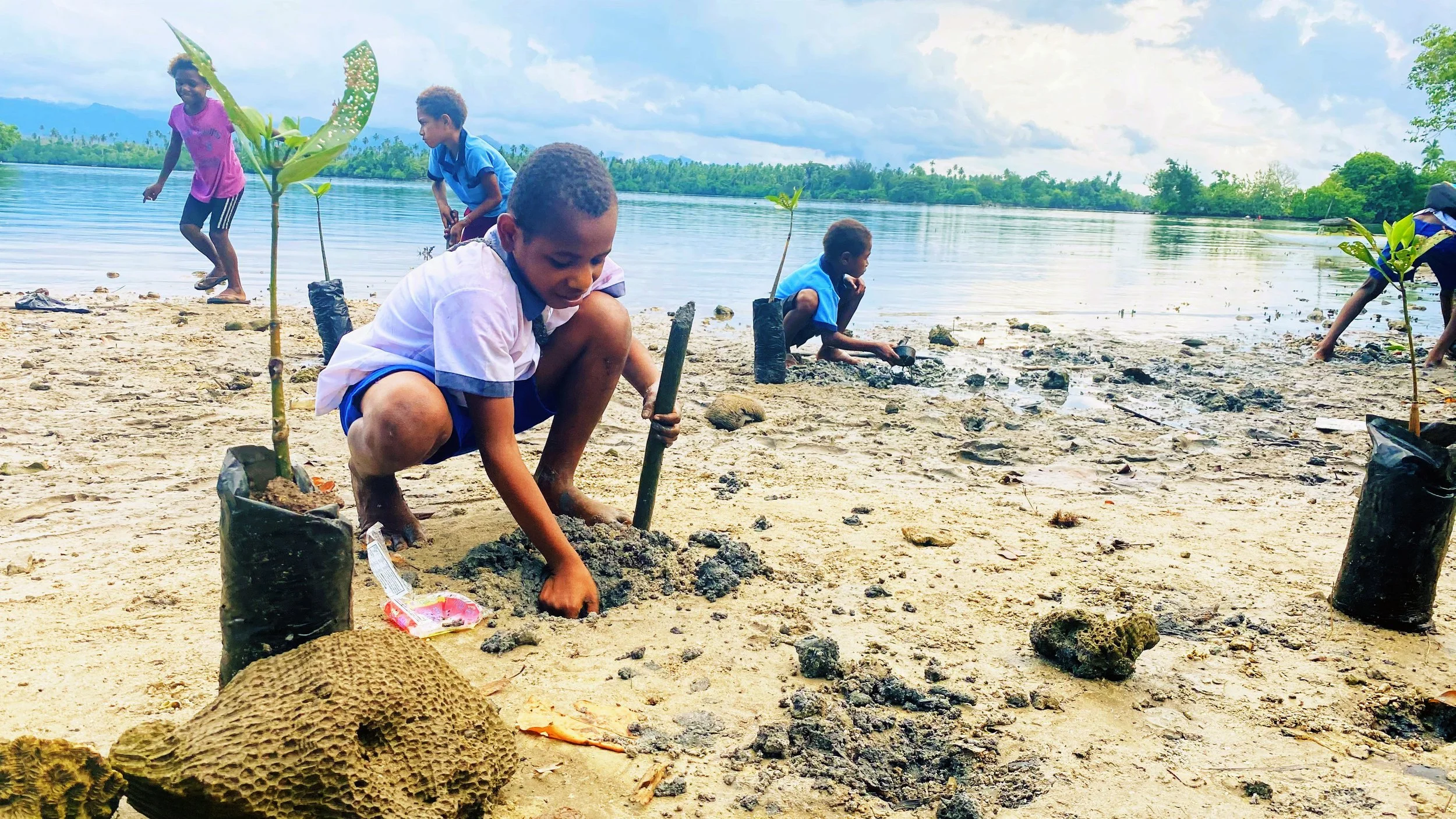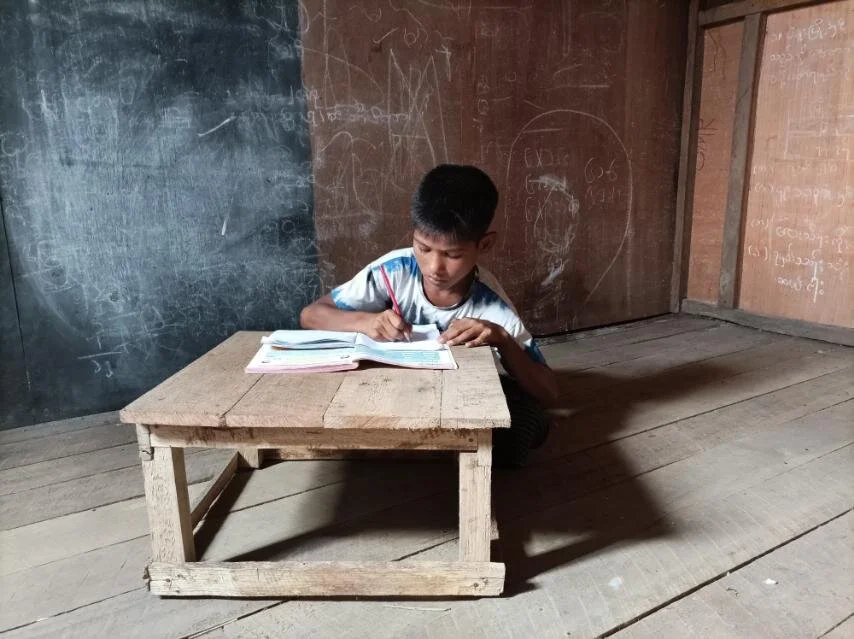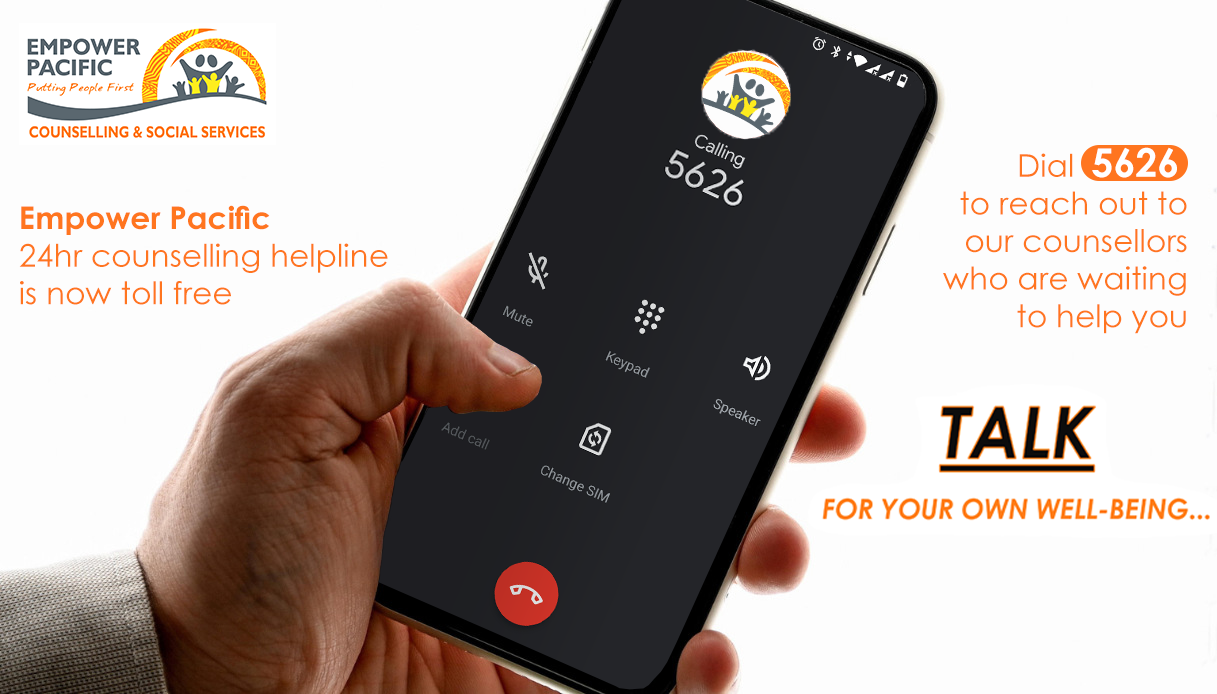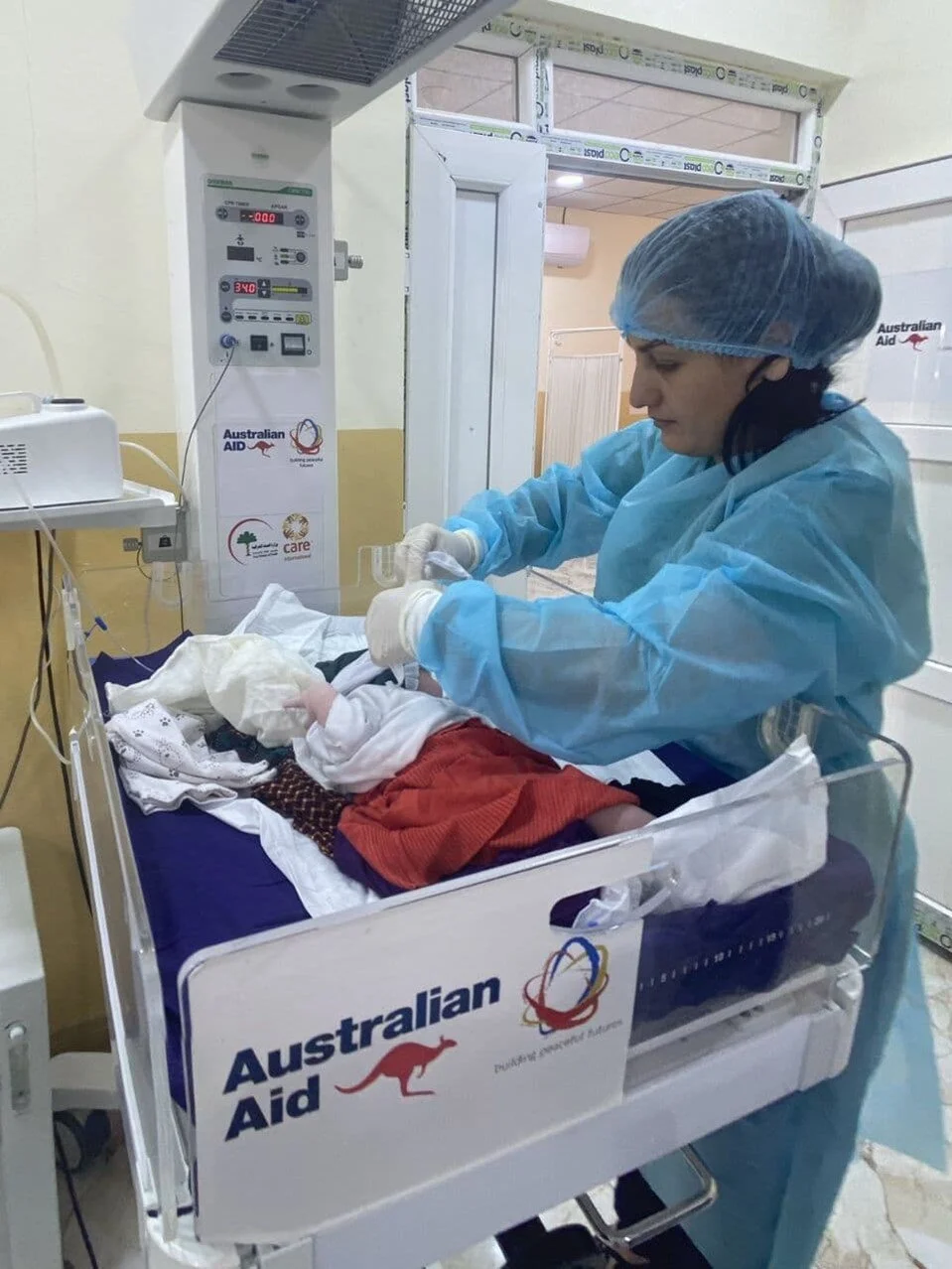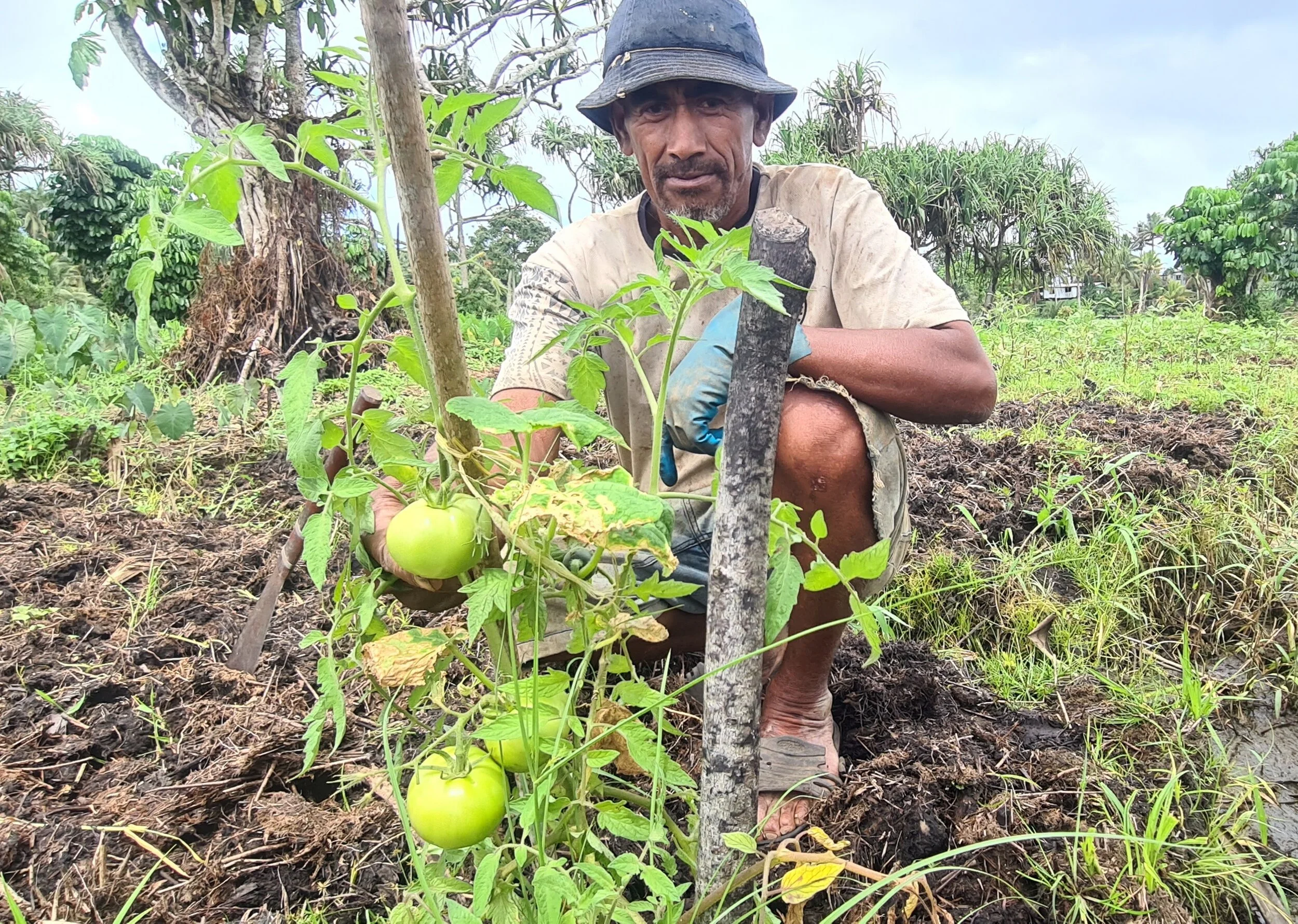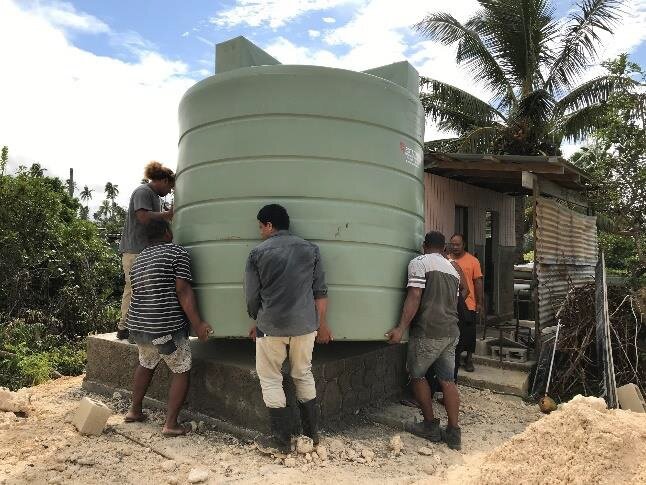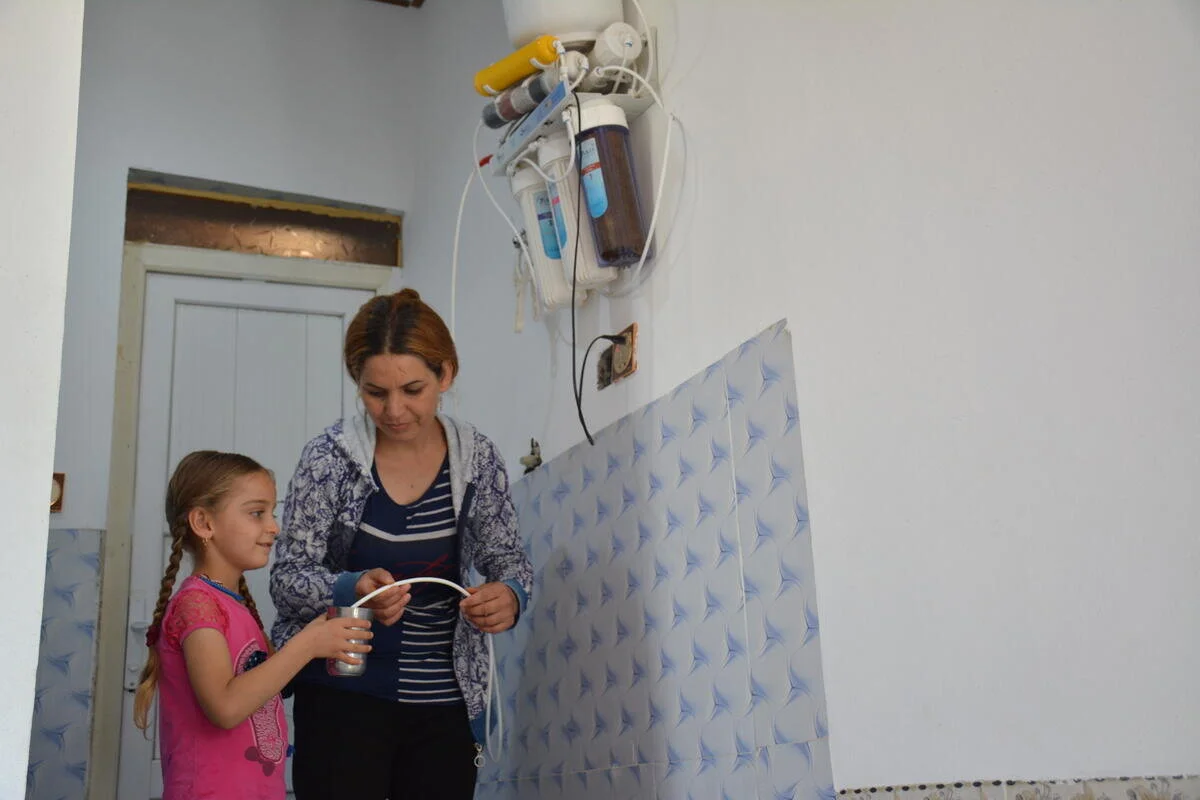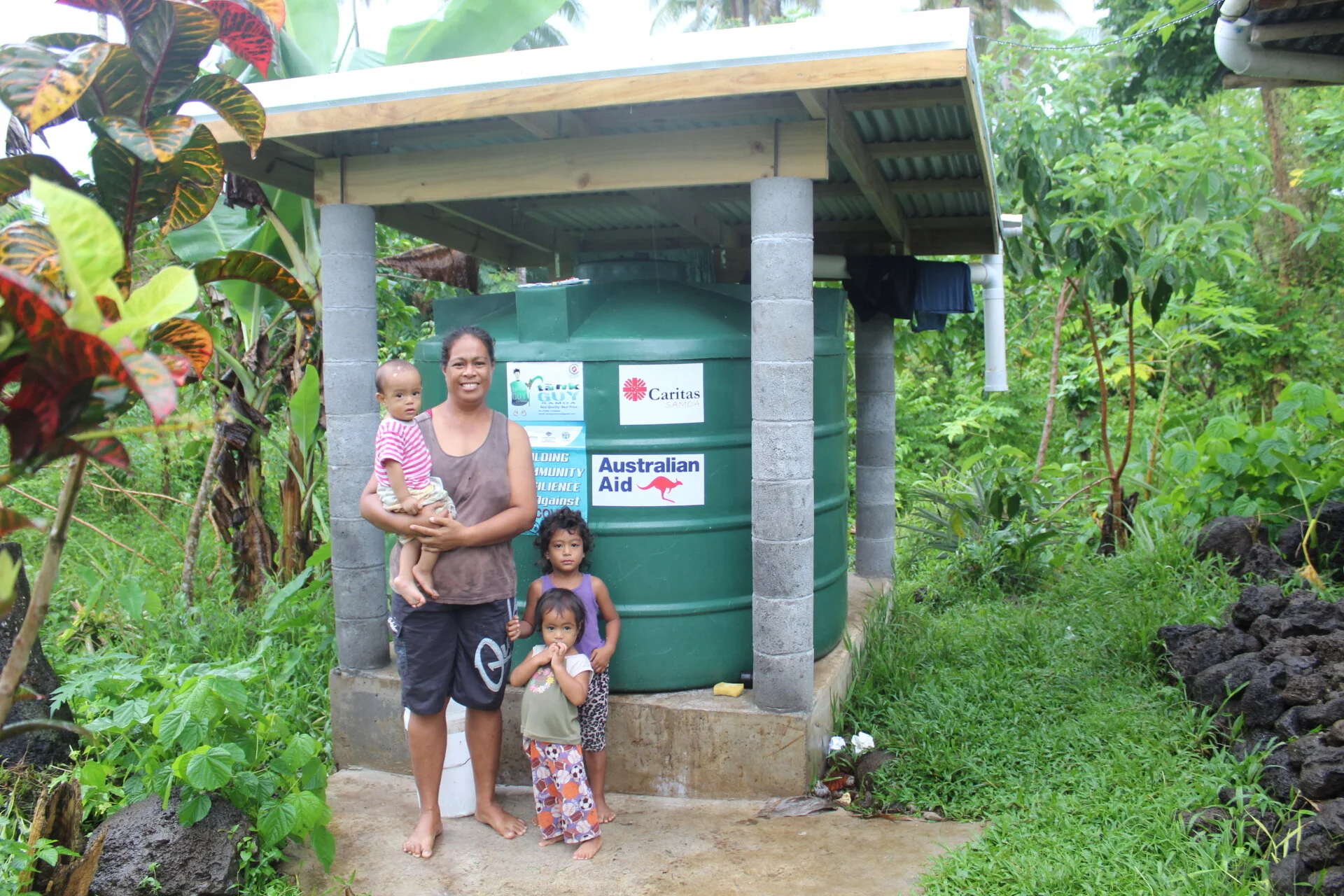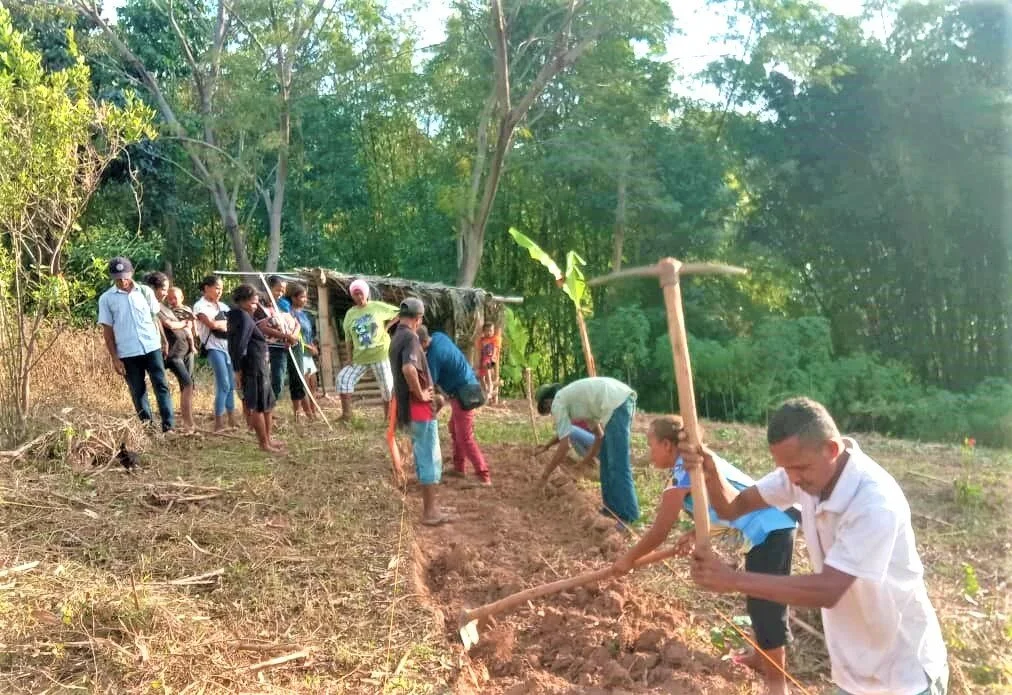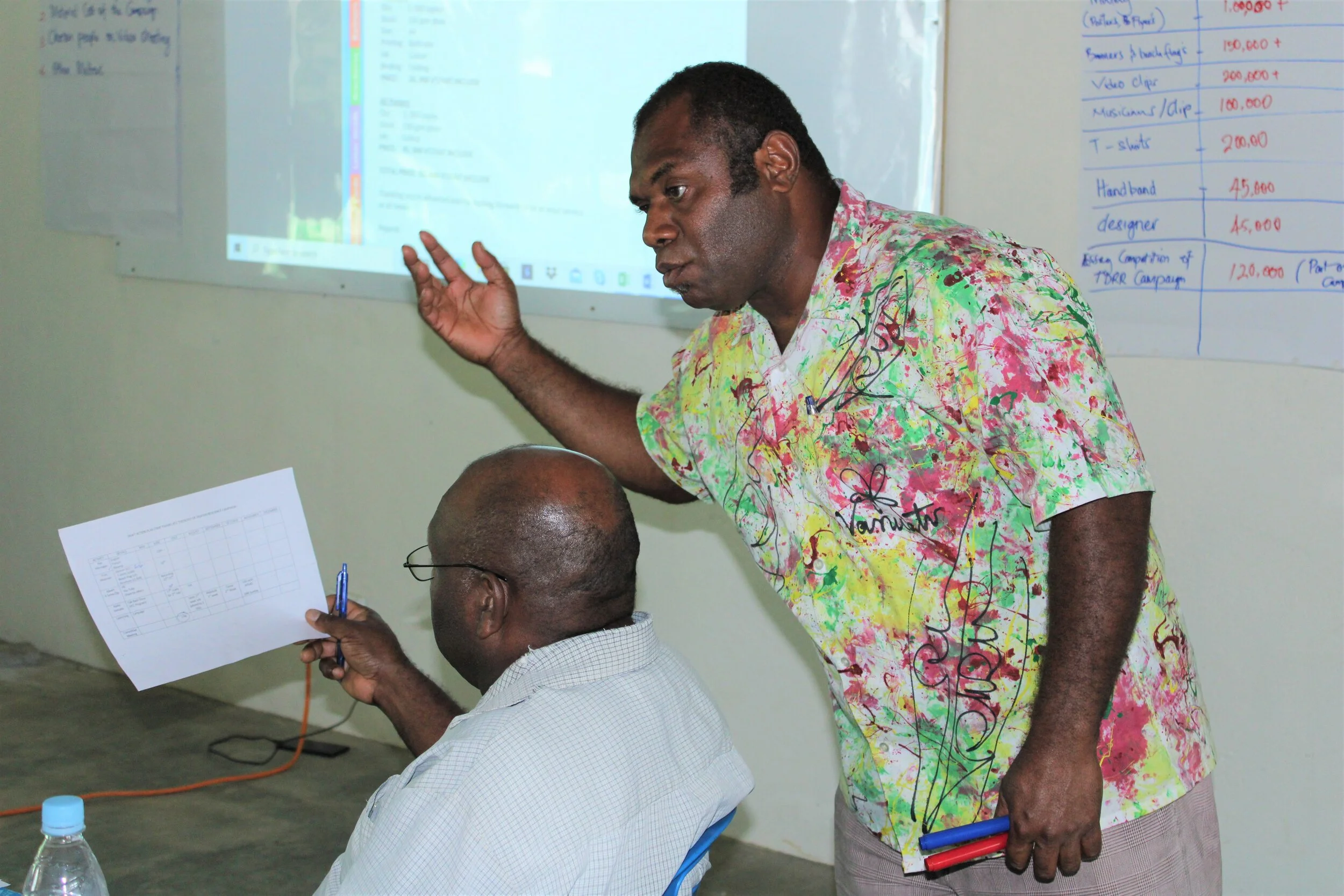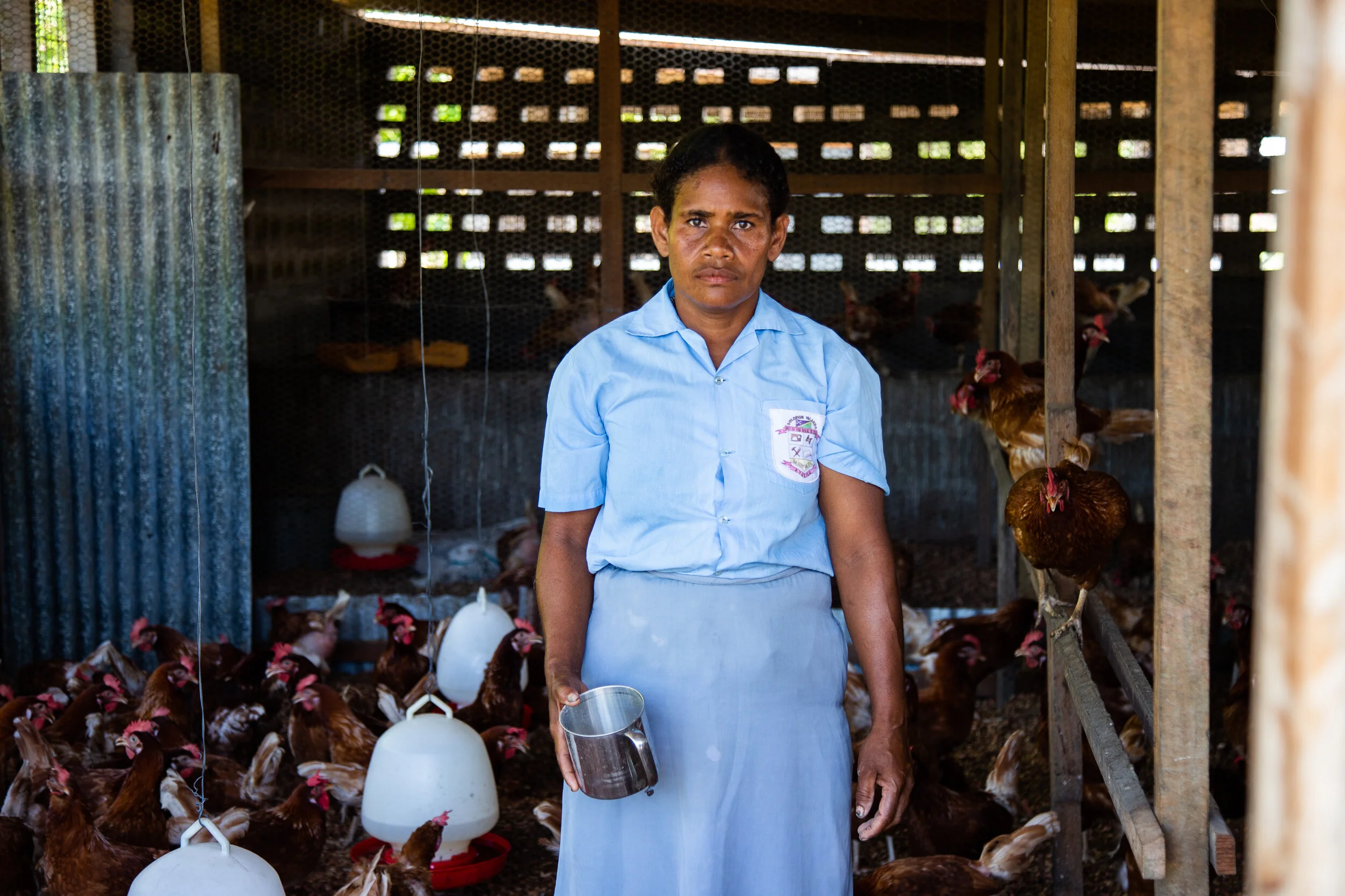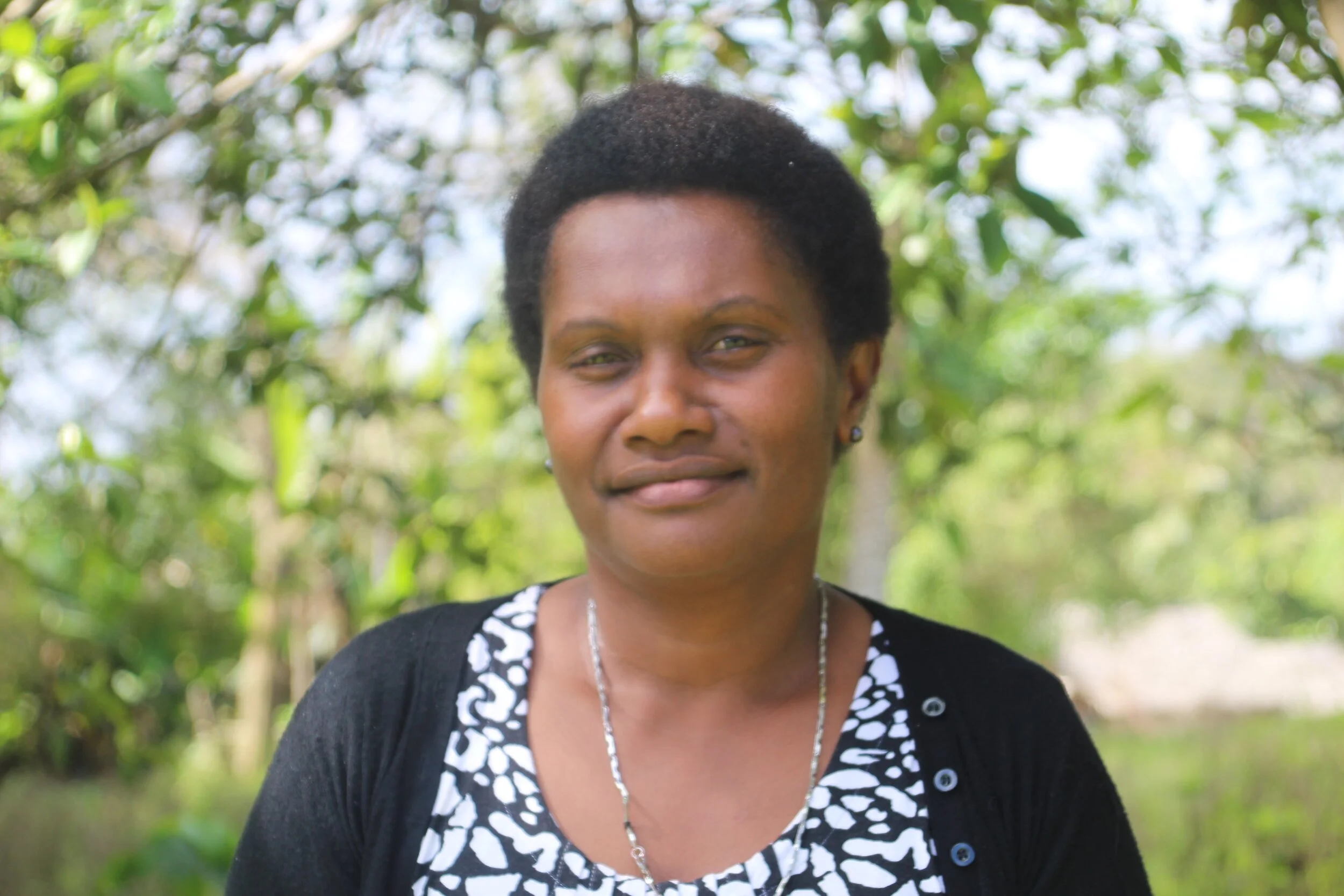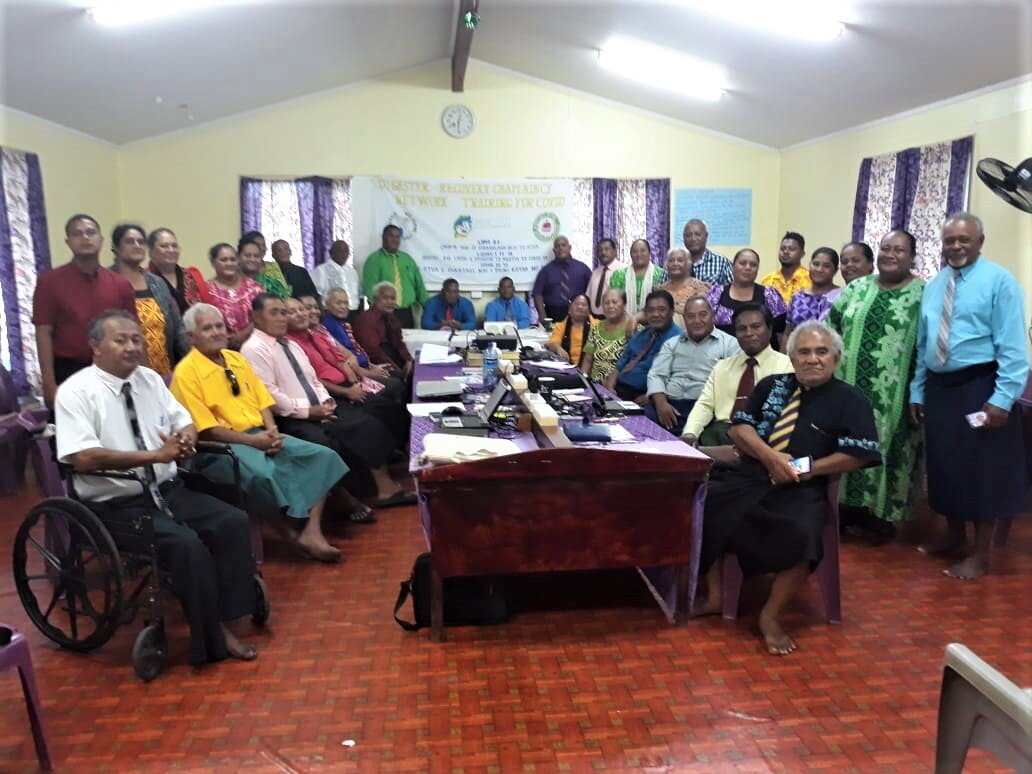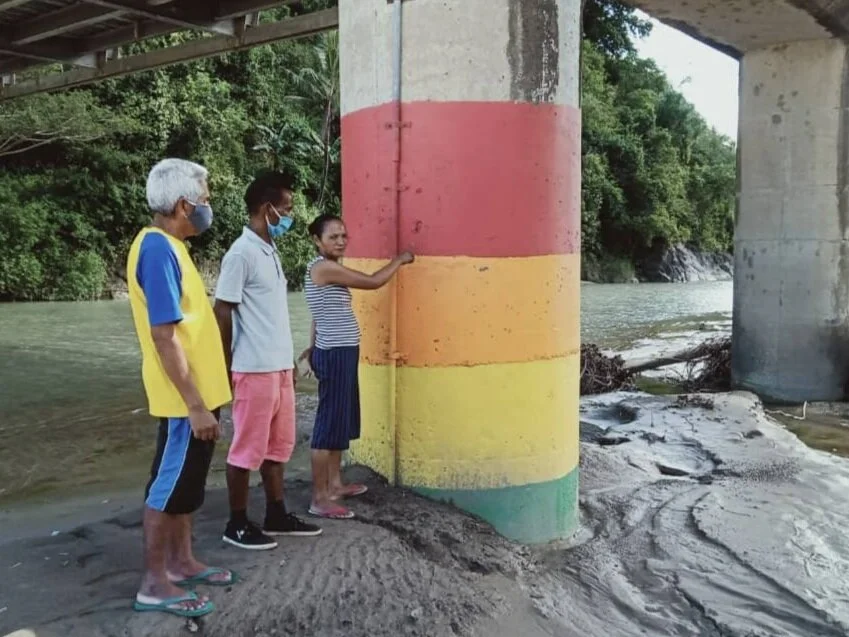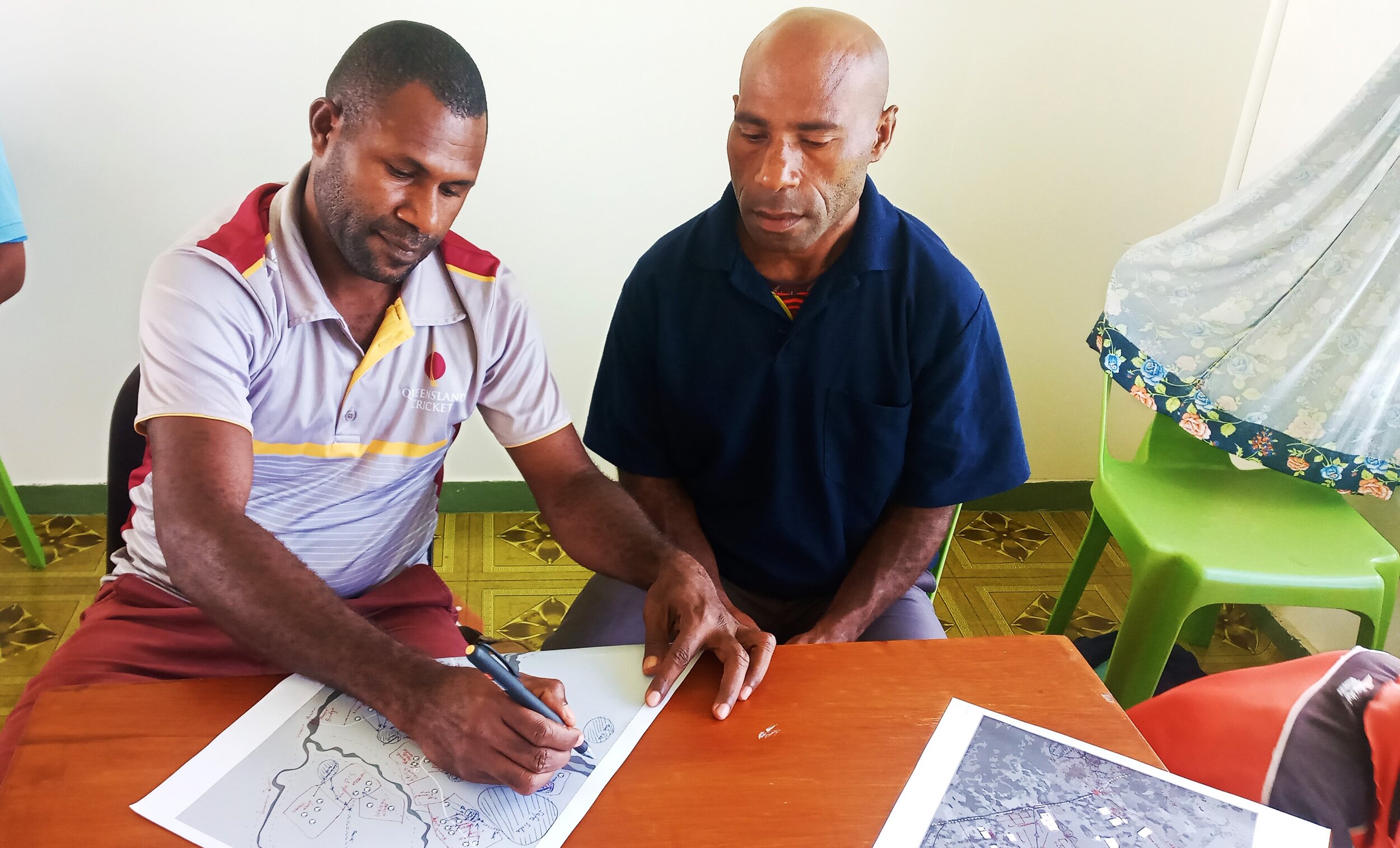Communities in Malmal and Riwo in Madang, Papua New Guinea, are seeing the impacts of climate change and coastal erosion in their communities first hand. Here they share their perspectives, and the work they have engaged with under the Disaster READY program.
Read MoreWith schools and learning centres closed for nearly a full academic year due to COVID-19, AHP partners have supported home-based learning in Myanmar’s IDP camps.
Read MoreThrough the Australian Humanitarian Partnership’s COVID-19 response, Empower Pacific is supporting Fijians grappling with the economic, social and health repercussions of the global pandemic.
Read MoreFor women in Sinjar, Iraq, seeking sexual, reproductive and maternal health care, the AHP’s Building Peaceful Futures response has brought services closer to home.
Read MoreIn Fiji, the Ketesa community primarily earned their incomes through selling woodcarvings to hotels and local retail outlets. But the pandemic closed the doors on international tourism. Through partner CAN DO, AHP has supported new ways forward for the community.
Read MoreMany communities and households in Tonga have to travel significant distances to access clean water. As part of the AHP COVID-19 response, water tanks are bringing supplies closer to home, improving hygiene and freeing up time.
Read MoreReturning home after escaping ISIS conflict was made all the more challenging for Marjana and her family due to a lack of clean drinking water. Through the Building Peaceful Futures consortium, home water filters are making life easier and healthier for returnees.
Read MoreWater scarcity was identified as key challenge for communities in Samoa wanting to keep safe from the COVID-19 pandemic. New water tanks and water harvesting systems are supporting clean, safe access.
Read MoreWomen and girls in displaced persons camps in Rakhine state, Myanmar, face many barriers to education and employment. Through the AHP Education in Emergencies response, women and girls are being encouraged into the classroom as both students and teachers.
Read MoreThrough the AHP Disaster READY program, Plan International Timor-Leste is supporting training for farmers in terracing, an agricultural technique of shaping sloping land to control erosion.
Read MoreIn Vanuatu, CAN DO partners are working on a national media and community education campaign on including marginalised groups in disaster response and preparedness, supported by Disaster READY.
Read MoreStudents at San Isidro Care Centre in Northwest Guadalcanal are learning new livelihoods and food security skills through the AHP COVID-19 response in Solomon Islands.
Read MoreThrough the AHP COVID-19 Response, new Village Savings and Loan Groups in Tanna, Vanuatu, are supporting women and men to put aside savings to grow their businesses or achieve family goals.
Read MoreChurches are a key part of community life in Tuvalu. As part of the Australian Humanitarian Partnership’s COVID-19 response, church leaders are being trained on providing psychological support to communities.
Read MoreThrough Disaster READY, communities in Bobonaro, Timor-Leste, have been supported to protect their water sources from contamination, improving community health and agriculture.
Read MoreFor villages along the Bebui River in Viqueque, Timor-Leste, the river is an important water source. Now, a community-designed early warning system is saving lives along the river during the dangerous rainy season.
Read MoreTen schools and surrounding communities in Madang have prepared hazard maps for disaster preparedness, with the support of the Disaster READY program.
Read MoreAHP-supported psychosocial support and skill development programs for Rohingya women, including those with disabilities, in Cox’s Bazar are aiming to reduce gender-based violence and increase independence.
Read MoreChildren in Solomon Islands have learned how to protect themselves from earthquakes and tsunamis through a school-based disaster risk reduction program.
Read More

